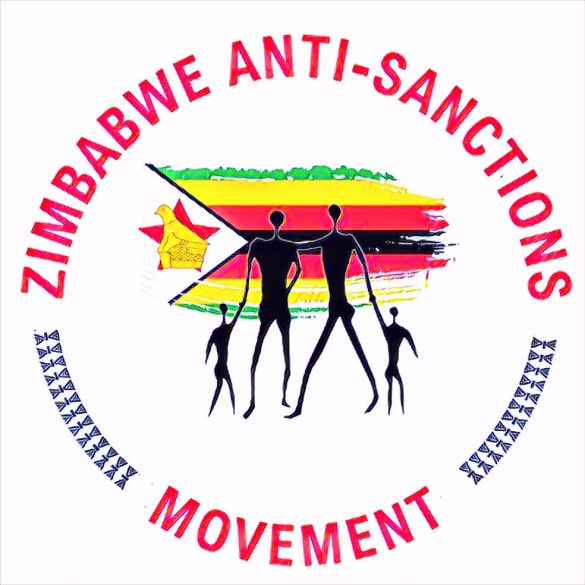Zimbabwe is preparing to mark Anti-Sanctions Day on Wednesday, October 25, 2023, with a series of events to denounce the illegal economic measures imposed by the United States and the European Union. The day was declared by the Southern African Development Community (SADC) in 2019 as a show of solidarity with Zimbabwe, which has been under sanctions for over two decades.
According to the Ministry of Information, Publicity and Broadcasting Services, President Emmerson Mnangagwa will deliver a televised speech to the nation and the world on the impact of the sanctions on the country’s development and human rights. The ministry also hosts a two-day SADC Anti-Sanctions solidarity summit in Mutoko, featuring a media indaba and a business expo.
The day’s main event will be a march by thousands of Zimbabweans from various walks of life, who will converge at the National Sports Stadium in Harare to express their displeasure with the sanctions. A musical gala featuring local artists and cultural groups will also be held in Mt. Darwin.
The US imposed the sanctions under the Zimbabwe Democracy and Economic Recovery Act of 2001 (ZIDERA) and by the EU in February 2002, following allegations of human rights violations and electoral fraud by the former regime of Robert Mugabe. The sanctions target individuals, entities, and sectors deemed to be undermining democracy and the rule of law in Zimbabwe.
However, Zimbabwe and its regional allies have maintained that the sanctions are unjustified, illegal, and counterproductive, as they have crippled the economy and caused untold suffering to millions of people. A study commissioned by the Ministry of Foreign Affairs and International Trade estimates that Zimbabwe has lost up to US$42 billion in revenue over the past 20 years due to the sanctions.
The call for removing the sanctions has also been echoed by several African leaders, who recently took advantage of the 78th session of the United Nations General Assembly in New York to urge the international community to lift the punitive measures. They argued that Zimbabwe has made significant strides in implementing political and economic reforms under the Second Republic, which deserves support, not isolation.
The Anti-Sanctions Day comes when Zimbabwe faces multiple challenges, such as inflation, currency instability, electricity shortages, drought, and food insecurity. The government hopes that raising awareness and mobilizing support for its cause will persuade its Western adversaries to reconsider their stance and engage in dialogue for a lasting solution.
Source: The Herald


